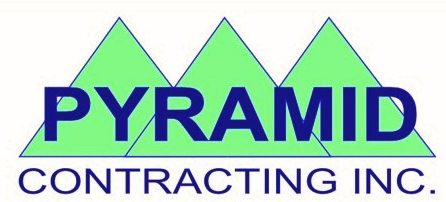Clay bricks are one of the oldest building materials in existence. The earliest known use was more than 7000 years ago – and they’re still being used today. Brick pavers have long been used for all types of surfaces from sidewalks and stairways to driveways and patios. Brick pavers differ from bricks used for walls in that they’re solid and don’t feature any holes. To specify, brick pavers are made of clay, concrete pavers are made of cement and cobblestones are made of natural stone. So what are the pros and cons of brick pavers? In this post, we’ll find out.
Expense
Compared with poured concrete or concrete pavers, brick pavers are more expensive to install. Your costs will climb even more when including professional installation and/or instituting a complex design in the layout. However, for many, the appearance and durability of brick pavers make the extra cost worthwhile.
Maintenance
To enhance their lifespan, brick pavers should be cleaned and sealed regularly. A properly maintained brick paver surface can last 25 years or more. However, pressure washing and sealing a sidewalk or driveway once or twice a year may be more work than some people are willing to put in. That said, brick paver surfaces are also relatively easily repaired compared to solid surfaces composed of asphalt or concrete. It’s simple enough to remove any damaged bricks and replace them without affecting the entire surface.
Versatility
Brick pavers can be used for virtually any hard-wearing surface that you can imagine. They work well for sidewalks and patios but are also durable enough to be used for a driveway. As long as they’re set in a properly prepared base, brick pavers can withstand the weight of several vehicles. If there is a drawback when it comes to durability it’s in the fact that they can shift with rapid temperature fluctuations or frost heaves. That said, it’s easier to reset a few shifted brick pavers than it is to tear out and repour a concrete or asphalt slab.
Recyclability
If there comes a time when your brick pavers aren’t working for you anymore, a large aftermarket exists that allows you to easily sell them. Compared with the pile of relatively worthless rubble that results from asphalt or concrete removal, you’re not only getting some return on your investment, but you’re helping reduce the load on the landfills.



